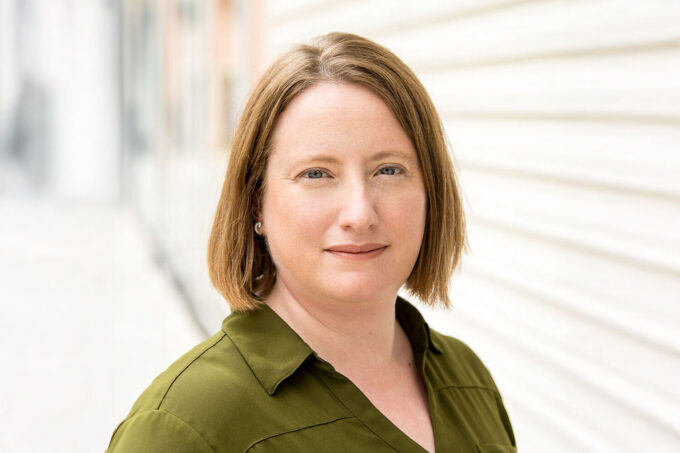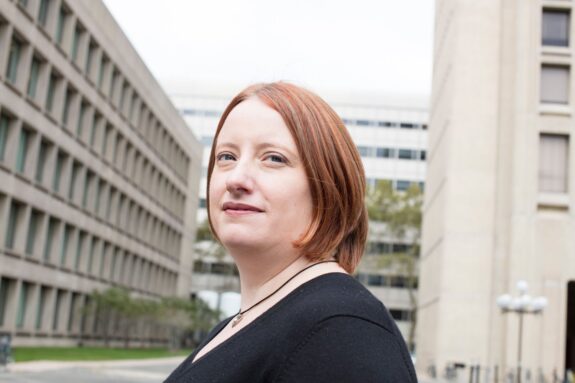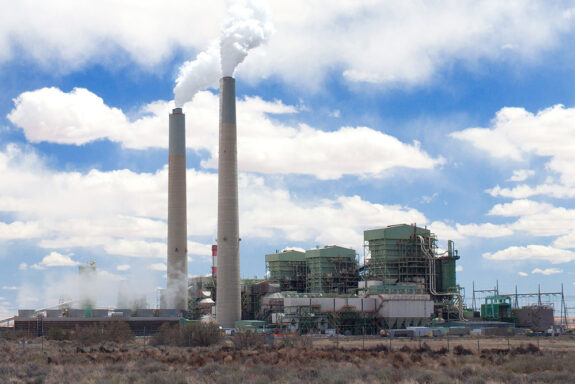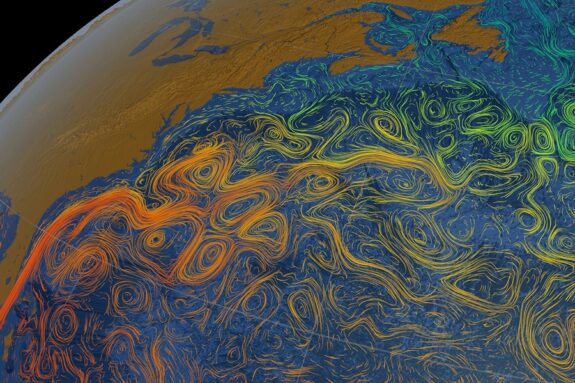Noelle Selin elected to 2024 class of AAAS Fellows

Noelle Selin, professor of atmospheric chemistry in MIT’s Department of Earth, Atmospheric and Planetary Sciences (EAPS) and Institute for Data, Systems, and Society (IDSS), was elected as a Fellow of the American Association for the Advancement of Science (AAAS).
Recently named Director of MIT’s Center for Sustainability Science and Strategy (CS3), Selin is known for using atmospheric chemistry modeling to inform decision-making strategies on air pollution, climate change and toxic substances including mercury and persistent organic pollutants. She has also published articles and book chapters on the interactions between science and policy in international environmental negotiations, in particular focusing on global efforts to regulate hazardous chemicals and persistent organic pollutants. She is receiving the award for, “world-recognized leadership in modeling the impacts of air pollution on human health, in assessing the costs and benefits of related policies, and in integrating technology dynamics into sustainability science.”
The announcement today includes 471 scientists, engineers, and innovators spanning all 24 AAAS disciplinary sections who are being recognized for their scientifically and socially distinguished achievements. Selin is joined by five MIT colleagues in the 2024 class of AAAS Fellows, including Professors Alan Edelman PhD ’89 and Cynthia Breazeal SM ’93, ScD ’00; Senior Research Scientist Jagadeesh S. Moodera; MIT Corporation Life Member Noubar Afeyan PhD ’87; and MIT Corporation Chair Emeritus and Life Member Robert B. Millard ’73.
An additional 27 MIT alumni were were named to this year’s list of inductees, including five from EAPS:
- Roger Nelson Clark PhD ’80
- Cynthia Joan Ebinger SM ’86, PhD ’88
- Karen Jean Meech PhD ’87
- Dawn Y. Sumner PhD ’95
- Karen Viskupic PhD ’03
The AAAS is one of the world’s largest general scientific societies and publisher of the journal Science, as well as Science Translational Medicine; Science Signaling; a digital, open-access journal, Science Advances; Science Immunology; and Science Robotics. The organization was founded in 1848 and includes more than 250 affiliated societies and academies of science, serving 10 million individuals. Science has the largest paid circulation of any peer-reviewed general science journal in the world. The nonprofit AAAS is open to all and fulfills its mission to “advance science and serve society” through initiatives in science policy, international programs, science education, public engagement, and more.


